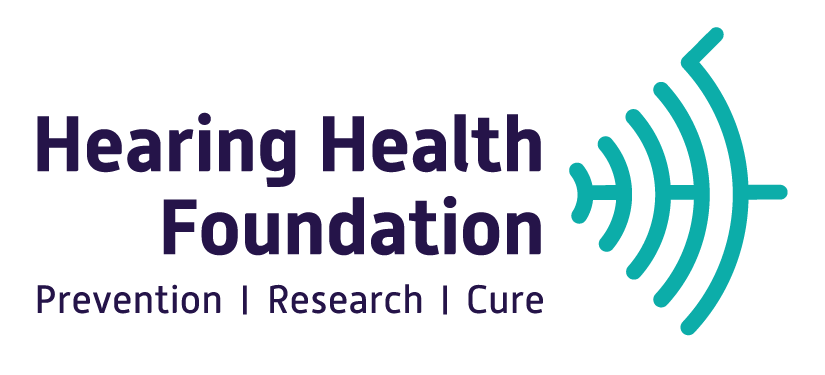Mishaela DiNino, Ph.D.
Meet the Researcher
DiNino received her doctorate in neuroscience from the University of Washington. She is currently a postdoctoral fellow in the department of psychology at Carnegie Mellon University. DiNino’s 2020 Emerging Research Grant was generously funded by the Meringoff Family Foundation, which was renewed for a second year in 2023.
As a neuroscientist, I am fascinated by how the structural and functional changes that happen in the brain throughout our lives influence how we perceive the world. Talking with older adults about their listening experiences, as well as with researchers investigating aging, turned on a lightbulb for me: Certain age-related changes in the auditory brain, not just those in the ear, may also influence hearing abilities.
When I was a child, I wanted to be an oceanographer. I even hung pictures of fish with their scientific names on the wall in my room! I have always been interested in “exploring the unknown.” A psychology class in high school made me realize that I did not have to go all the way to the bottom of the ocean to find “unknowns”—there were plenty of them right inside the human brain.
I actually knew very little about hearing loss, or even the auditory system, until I started my dissertation research with individuals with cochlear implants. I knew that hearing loss presented challenges, but I previously had little sense of just how difficult many everyday activities are for people with hearing impairments. I began shadowing audiologists in the clinic to learn more about their patients’ personal experiences, which helped inspire my current project investigating speech perception in individuals with hearing impairments.
My colleagues are always surprised to learn that I spend much of my free time at heavy metal concerts—with earplugs, of course! I know firsthand that many concert- goers feel that wearing hearing protection diminishes sound quality and hinders the experience. But, many of them do not know that even one loud music event can permanently damage their hearing. I have done a lot of community outreach to educate teenagers and adults about the effects of loud music on the auditory system.
I have a chiweenie (chihuahua/dachshund mix) that I like to take on adventures such as hiking or exploring a nearby town. Stepping away from an issue with a research project and seeing my dog get so excited about something as simple as a flower she has never smelled before really helps me put things in perspective. My husband and I are also currently expecting our first child, which I am sure will change our lives in many exciting ways.
Mishaela DiNino, Ph.D., is funded by the Meringoff Family Foundation, a New York City–based organization whose mission is to improve the lives of local children through support of education, research, and public health.
Click to download a PDF of Dr. DiNino's Meet the Researcher profile.
The Research
Carnegie Mellon University
Neural mechanisms of speech sound encoding in older adults
Many older adults have trouble understanding speech in noisy environments, often to a greater extent than their hearing thresholds would predict. Age-related changes in the central auditory system, not just hearing loss, are thought to contribute to this perceptual impairment, but the exact mechanisms by which this would occur are not yet known. As individuals age, auditory neurons become less able to synchronize to the timing information in sound. This project will examine the relationship between reduced neural processing of fine timing information and older adults’ ability to encode the acoustic building blocks of speech sounds. Limited capacity to code and use these acoustic cues might impair speech perception, particularly in the presence of background noise, independent of hearing thresholds. The results of this study will provide a better understanding of how the neural mechanisms important for speech-in-noise recognition may be altered with age, laying the groundwork for development of novel treatments for older adults who experience difficulty perceiving speech in noise.
Long-term goal: To identify neural mechanisms that contribute to older adults’ challenges perceiving speech in noise, leading to development of therapeutic techniques that accentuate the particular aspects of the auditory signal that are not well-encoded in the central auditory system of older adults.


